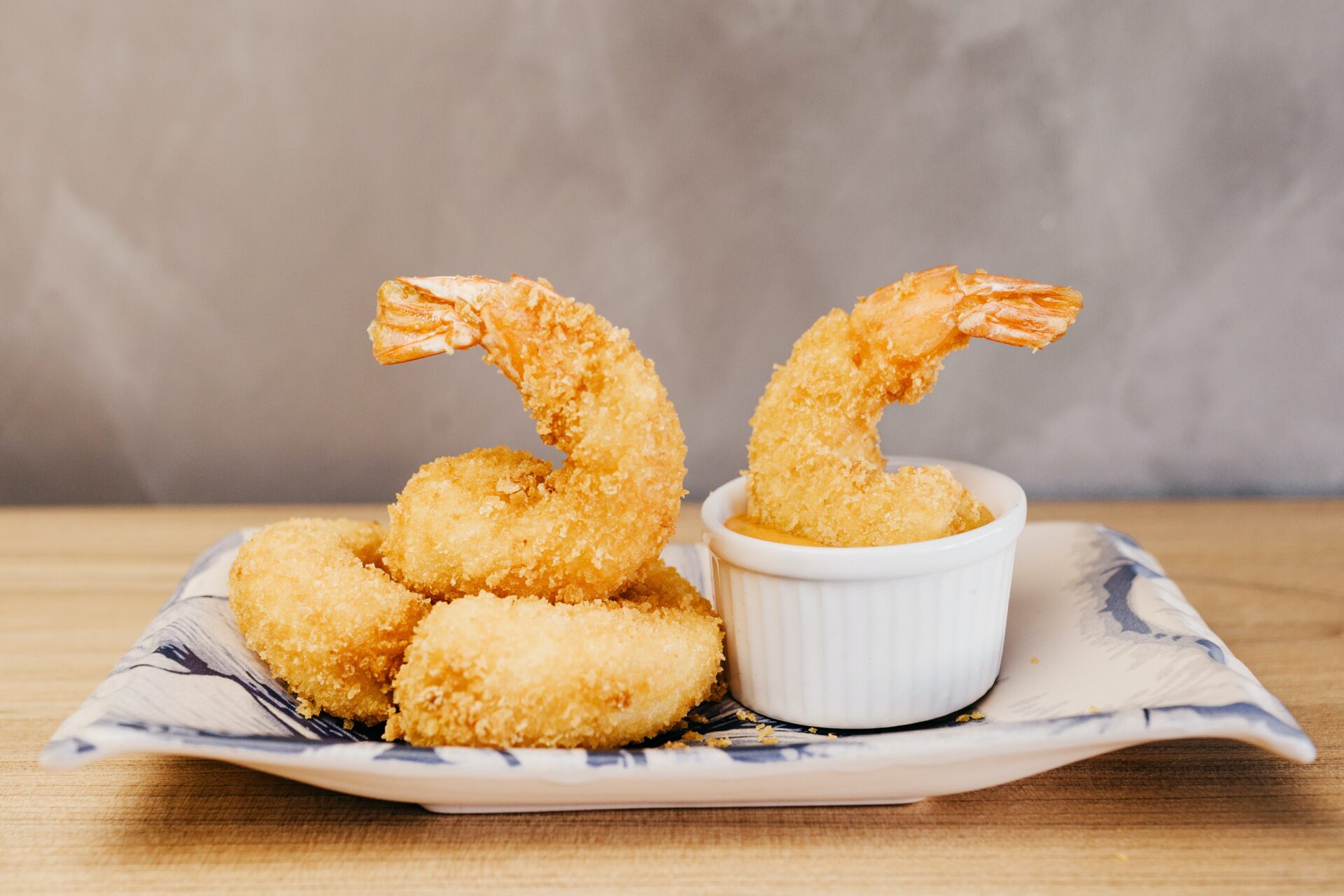
The increasing demand for seafood alternatives is likely driven by growing concerns over health, in addition to a rising awareness of environmental impact.
Meat alternatives have boomed in the last few years, with the quality and variety of offerings continuing to improve in line with the increasing demand for plant-based food.
However, one area that has struggled to take off as quickly as its ‘meaty’ counterparts is seafood, with texture and taste providing the most difficult to replicate.
Yet research from the Consumer Innovation team at Savanta has found demand for seafood alternatives is growing. More than one in ten UK consumers have bought plant-based seafood in the last 12 months, and one in five are considering buying these in the next 12 months.
This poses a real opportunity for innovation in the coming years and for plant-based seafood to become the catch of the day for consumers.
Diving in
The increasing demand for seafood alternatives is likely driven by growing concerns over health, in addition to rising awareness of environmental impact.
Over half (58%) of consumers consider the environmental impact when making purchases in supermarkets, while 29% of them expect to eat more plant-based alternatives in the next year. A further quarter (26%) identify as health-conscious, also seeing themselves as more likely to increase their intake of plant-based foods.
The market for plant-based alternatives hits a sweet spot with consumers looking to make healthier, sustainable choices while spending less money. Studies have indicated that eating a primarily plant-based diet could cut families’ food bills by a third – and with almost 3 in 4 consumers (72%) expressing an increased concern for the rising cost-of-living, going meat-free could present an accessible way to cut costs.
Riding the wave
Despite the challenges faced when it comes to developing seafood alternatives, the space isn’t short of innovation.
Good Catch has made great headway with their plant-based fish burgers and crab cakes made from ground vegetable protein. In addition, Birds Eye debuted their ‘fish-less fingers’ for Veganuary, which consist of rice flake bars coated in breadcrumbs with signature omega 3 ingredients to give them the fish taste.
The development of vegan fish and oyster sauces is also making an impact, with the focus on replicating the same umami flavour associated with Southeast Asian cooking from plant-based sources.
ThaiTaste updated its 20-year-old fish sauce recipe to create a vegan alternative, now stocked at Waitrose. In addition, multiple UK supermarkets are now supplying Ketjap/Kecap Manis – an Indonesian sauce which can be used as a plant-based alternative to an oyster sauce made from soybeans, grains, and palm sugar.
Ahead of the tide
So, what should brands looking to venture into seafood alternatives consider before wading in? One area that shouldn’t be overlooked is health benefits. Fish and seafood are strong sources of vitamins and minerals, and the NHS recommends eating two or more portions a week as part of a balanced diet.
Around half (48%) of consumers are motivated to try a new product based on its health benefits and a quarter (25%) are interested in buying food that is nutrient-dense, therefore it’s important to emphasise health benefits as well as environmental impact.
Brands looking to succeed in the market should ensure their products’ nutritional benefits are highlighted, especially those that would normally be expected from fish and seafood, such as omega-3 fatty acids.
Whilst flavour and texture remain key challenges for the seafood alternatives category, ensuring that on-pack messaging resonates with consumers will be critical to succeed in this industry.





